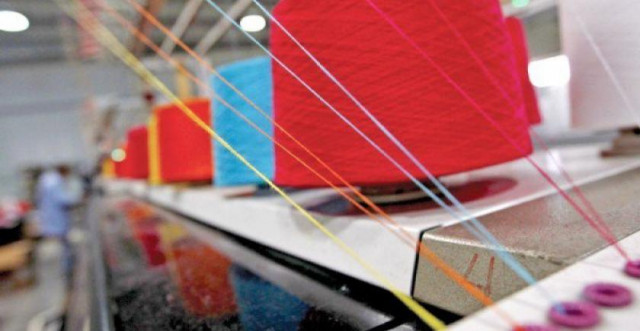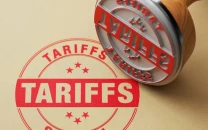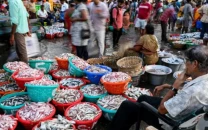Pakistan’s GSP Plus status in jeopardy
Sources say there is a shift in policy of EU, which is not happy with Pakistan’s sanctions on INGOs

Representational image. PHOTO: REUTERS
A senior official of the federal government disclosed that senior officials of the EU mission in Pakistan have already warned the government in this regard. He said the EU’s ambassador to Pakistan has also written a letter to the federal government indicating the changing scenario.
‘Pakistan committed to durable stability in South Asia’
He disclosed that India, Bangladesh, Turkey and some other states are lobbying against Pakistan and pushing the EU to withdraw the GSP+ facility from Pakistan. Unfortunately, this time circumstances are not favourable for Pakistan.
Earlier in 2013, Pakistan lobbied with support of the United Kingdom (UK) and this time the UK’s position is not the same in the EU. The EU has also shifted its focus towards the Central Asia and targeted on low- and middle-income countries for concessions.
It is currently negotiating agreements with Tajikistan and Uzbekistan.
The EU in 2013 granted GSP+ status to Pakistan with 406 votes, giving Pakistani products a duty free access to the European market till 2017. According to media reports, 406 members of the European Parliament had expressed their support for Pakistan while 186 lawmakers had voted against it.
Win-win solution to zero-rated issue sought
The GSP Plus status allows almost 20 per cent of Pakistani exports to enter the EU market at zero tariff and 70 per cent at preferential rates. According to Punjab Governor Chaudhry Muhammad Sarwar, Pakistan has earned $15 billion due to the GSP Plus since 2013.
The EU trade concessions are benefiting the country’s textile and clothing industry by enabling its products to compete with those of regional rivals like Bangladesh and Sri Lanka, which have already got a duty free access to the bloc’s market.



















COMMENTS
Comments are moderated and generally will be posted if they are on-topic and not abusive.
For more information, please see our Comments FAQ